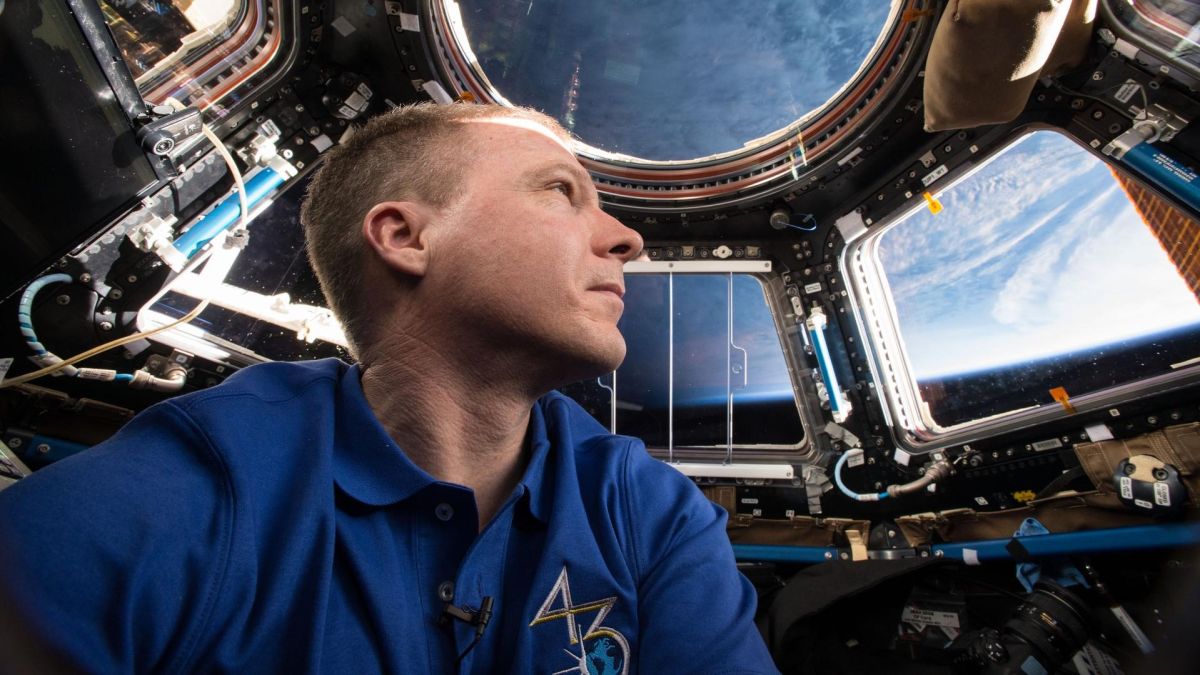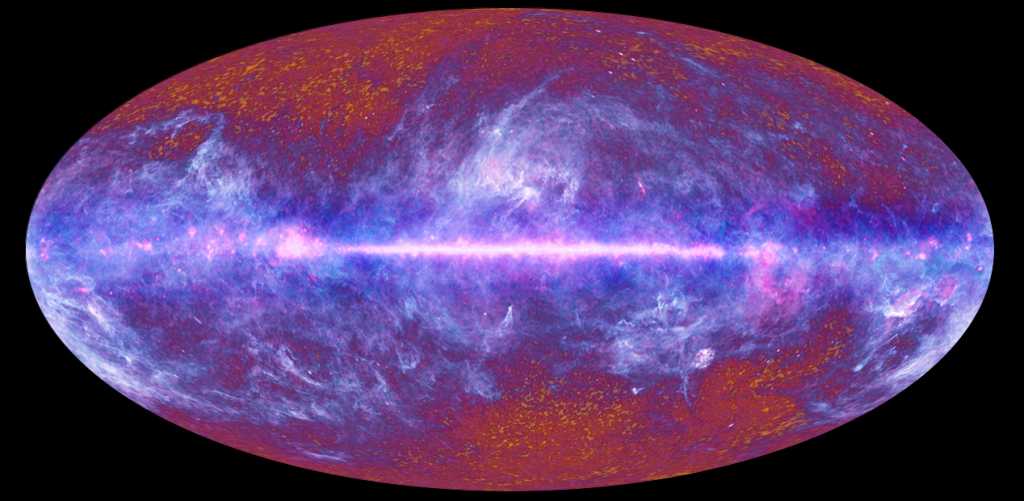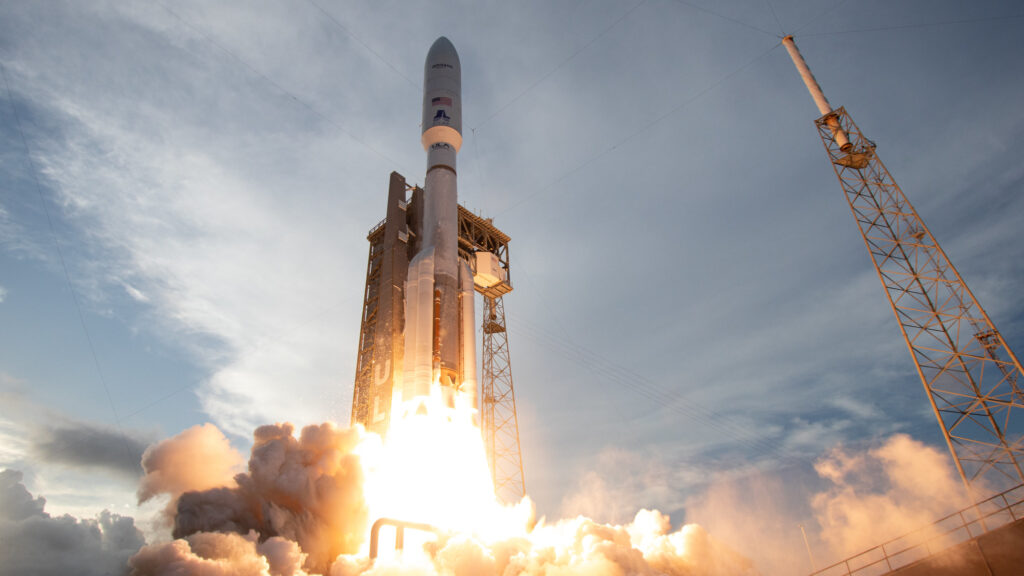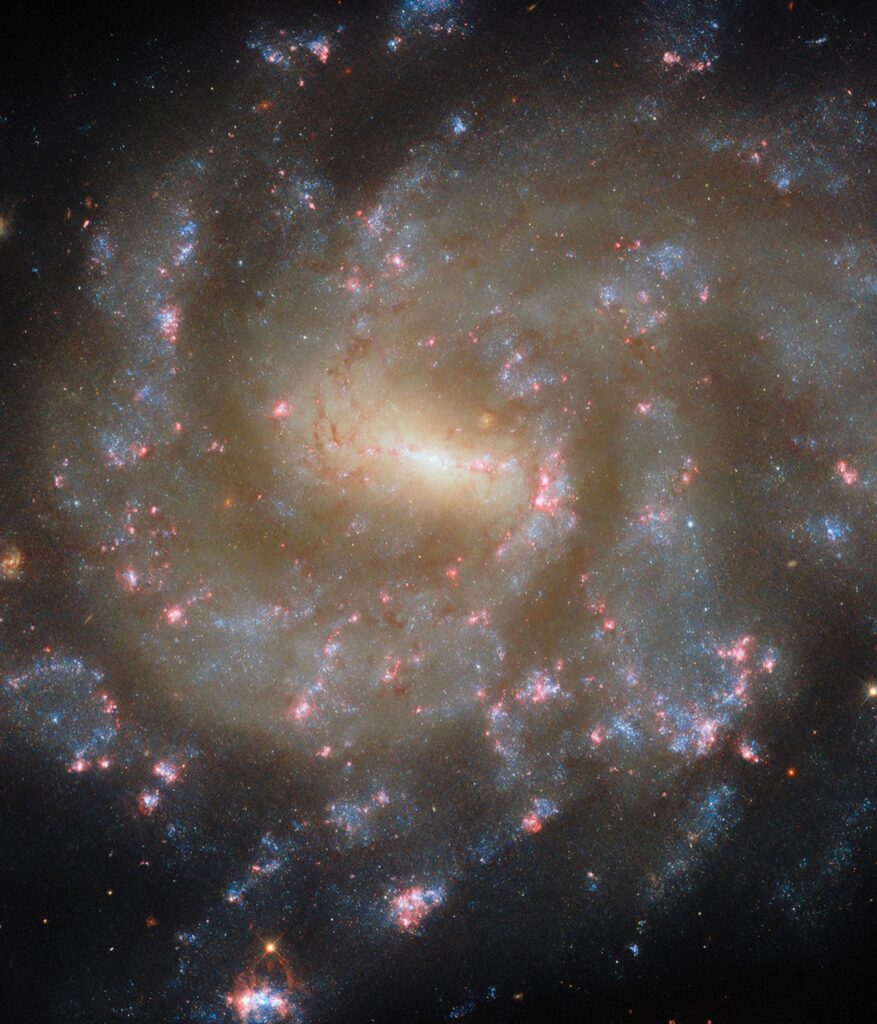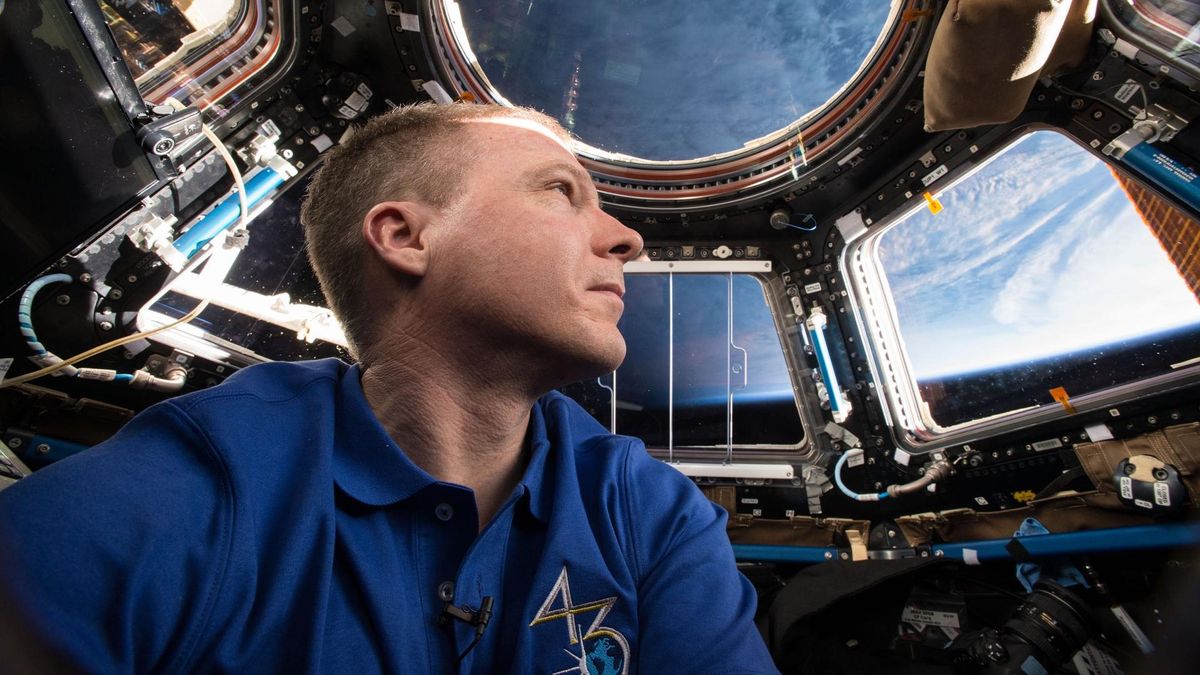
Former NASA astronaut Colonel Terry Virts’ has launched an entertaining new podcast that promotes discussions about issues that matter here on Earth.
“Down to Earth with Terry Virts” covers a range of topics including science, politics, film, sport, and of course space, with a variety of fascinating guests.
So if you want to hear about how the universe will end, what life is like as a Navy SEAL or what a former deputy assistant secretary of defense has to say about UFOs, this podcast is for you.
Former NASA astronaut Colonel Terry Virts spent over seven months in space on the International Space Station, where he captured the reality of his experience through photography. Virts has famously taken more photos from space than any other human, having taken over 300,000 spectacular images.
He is one of the stars of the IMAX film, “A Beautiful Planet,” and is the director of the documentary, “One More Orbit.” He is also the author of the National Geographic photography book, “View From Above,” as well as his latest book, “How to Astronaut.”
We caught up with Virts and asked him a few questions about how space travel has changed his perspective about issues down here on Earth and what his main goals are for his podcast. This interview has been edited for length and clarity.
Space.com: Would you say you’ve gained a new perspective of Earth after being in space?
Terry Virts: I think so, yes. People ask, “How did you change?” I’ve thought about this and I think the way it changed me is I’m less of a black and white person. The older you get, the more wisdom you have and you’re like, “Yes, there’s probably two sides to everything, and you really should look at the data before you come to a conclusion.”
We used to be stuck on Earth, everything was two dimensional, everything was north, south, east and west right? Then once we started flying, all of a sudden there was this third dimension. Now we have the Hubble Space Telescope and these telescopes that are really looking in four dimensions — they’re not only seeing things that are far away, they’re seeing things that are really old, back billions of years old.
Space photography has changed everything. People like you and me just grew up with it, like that was normal. One of the pictures I had when I was younger was from Viking which was the first American lander on Mars. A hundred years ago we barely had airplanes so it’s amazing how quickly our perspectives have changed.
Space.com: What inspired you to start your own podcast? Is it something you’ve been wanting to do for a while?
Virts: A couple of years ago I was writing blogs, and then I started writing books so my extra bandwidth went from blogs to books. I do podcast interviews all the time and I did this one in the U.K. It’s an aviation podcast called EVA, and it was great, and the producer afterwards was like, “Terry, that was amazing, you need to do your own podcasts,” and so we spent a few months talking about it and then I just did it.
The thing is, I know so many cool people from totally random different backgrounds.
Space.com: Like who?
Virts: My first guest was Larry Kopald from The Carbon Underground, we talked about how to get carbon out of the air back underground. My second guest was Eric Berger, this really well known space reporter at Ars Technica. I talked to astrophysicist Katie Mack about the end of the universe.
I just talked to Chris Mellon, who is a former deputy assistant secretary of defense for intelligence and ran the Senate intelligence committee. A very serious, senior U.S. security official, and [we talked] about UFOs and that blew my mind. Afterward, my producer and I were just staring at each other like, “What do we do with that? That was unbelievable!”
Space.com: What are your goals with the podcast?
Virts: The goal is to talk about things that matter in an honest way.
And so we’ll talk about quantum mechanics or how to land on Mars or why gun violence is so awful or how to solve the climate problem or are UFOs real. We will talk about how we are going to get out of this debt and the political divisions that we have.
All this stuff matters, some of it is interesting, some is important, some is critical. As you can tell, I have a pretty wide interest but I think that’s just how my brain works.
A new episode of this weekly podcast launches every Wednesday and is available on Apple Podcasts, Google Podcasts, Spotify and YouTube.
Follow us on Twitter @Spacedotcom and on Facebook.
